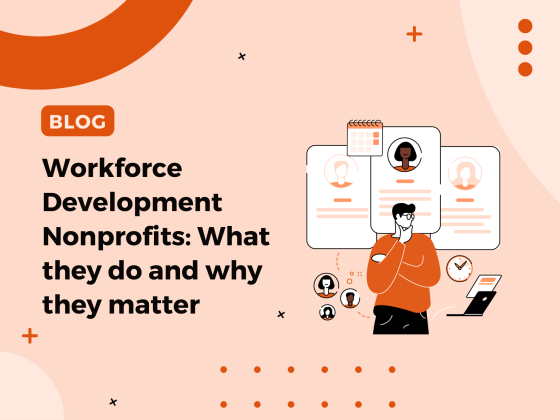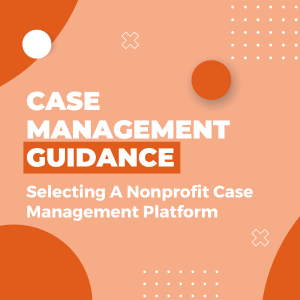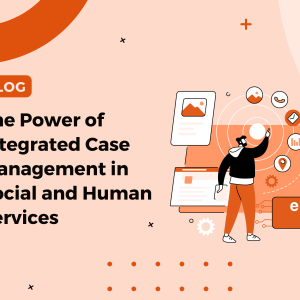Workforce Development Nonprofits: What they do and why they matter
Here at Exponent Case Management we are committed to our mission of supporting nonprofit organizations to achieve radically better impact. With our many decades of combined experience working closely with changemakers in the human services sector, we have had the privilege to support many client organizations focused on providing workforce development services to under-represented populations. But if you are new to the nonprofit sector or not familiar with exactly what workforce development nonprofits do, we are happy to give you a quick overview. Read on to learn more!
Workforce development: a crash course
Workforce development, in its many different forms, is a critical component to improve equity and create a more inclusive society with economic opportunities for all. The term workforce development in itself refers to postsecondary education and training and other critical programs such as career counseling, job search assistance and wraparound supports. It also involves connecting employers with the talent they need, incentivizing them to compensate employees fairly, and invest in their ongoing training and development. There are over 3,000 workforce development nonprofits in the United States engaged primarily in the area of job services or vocational postsecondary training. These organizations run a variety of programs across the spectrum and provide vital support to social and economic growth in the communities they serve.
The Covid-19 pandemic had a huge impact on the workforce as a whole, as many jobs were lost or eliminated, employees were put on furlough, and life, in general, was seriously disrupted for the better part of two years. (Not that we need to remind you!) Many more workers will have to upskill or reskill to adapt to the ever-changing employment landscape as a result of the pandemic as well as the ongoing impact of automation and globalization on workforce development. Additionally, many workforce development nonprofits experience pressures from having to do more with less and continue to measure and demonstrate their impact while they’re doing it. But what are some typical programs they offer to support the ongoing development of a skilled workforce?
Typical workforce development programs
Workforce development nonprofits provide a variety of programs and services to workers across ages, abilities and backgrounds. These programs often include providing training and certification programs for those looking to reskill, upskill or re-enter the workforce. Many organizations also offer wraparound services to support workers and remove any possible barriers to employment. These barriers could include training, housing, childcare or transportation. Additionally, workforce development nonprofits often establish partnerships with employers or governments to help place workers in stable working relationships, helping to create lasting impact in the communities they serve. In 2014, the Workplace Innovation and Opportunity Act (WIOA) was signed into law in the United States. WIOA is designed to help job seekers more easily access employment, job training, education and support services to support success in the job market. Various federal agencies (including the Departments of Labor, Education and Health and Human Services) acted as collaborative partners to provide resources to states, workforce development nonprofits, grantees and other stakeholders.
Most workforce development nonprofits focus on actively engaging employers, providing valuable wraparound services, and considering the long-term career alignment for the individuals they serve. In addition to this, organizations are internally focused on continually collecting data and reporting to funders on the outcomes of their programs. Being able to demonstrate the impact their work is having on the communities they serve is critical. This is where technology, and most crucially a flexible case management system build on best practices, comes in.
Exponent Case Management: client highlights
We have the privilege of supporting a number of different workforce development nonprofits with powerful technology, advisory services and ongoing customer support. These organizations use Exponent Case Management (ECM) to provide the critical technology backbone to help them with effective service delivery, powerful reporting, and outcomes measurement. In this case study, California Human Development (CHD) shares how ECM helped them reduce their reporting time from two weeks to one day, freeing up staff time to help serve even more people of low income from all walks of life in Northern California. CHD also leveraged the incredible power of SMS technology to better serve their constituents, and discussed it in a webinar with us here. The Center for Employment Outcomes (CEO) participated in a series of webinars detailing how Exponent Case Management has allowed them to more effectively correlate training to employment outcomes and better measure workforce development program success. Check out their on-demand webinars here.
Workforce development nonprofits provide critical programs and services to help promote economic equity and create opportunities for all. Interested to learn more about how Exponent Case Management can help? Drop us a line!




